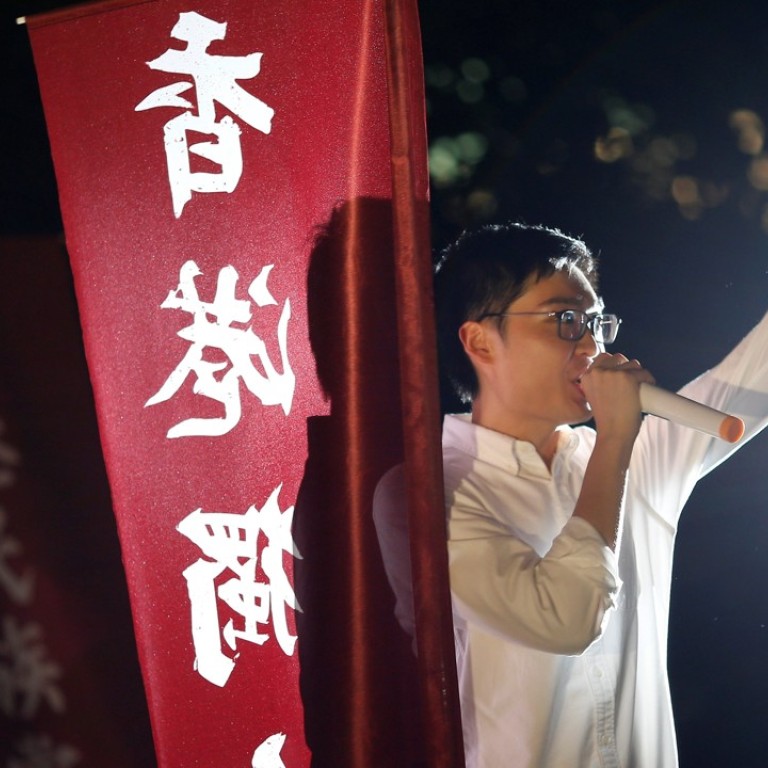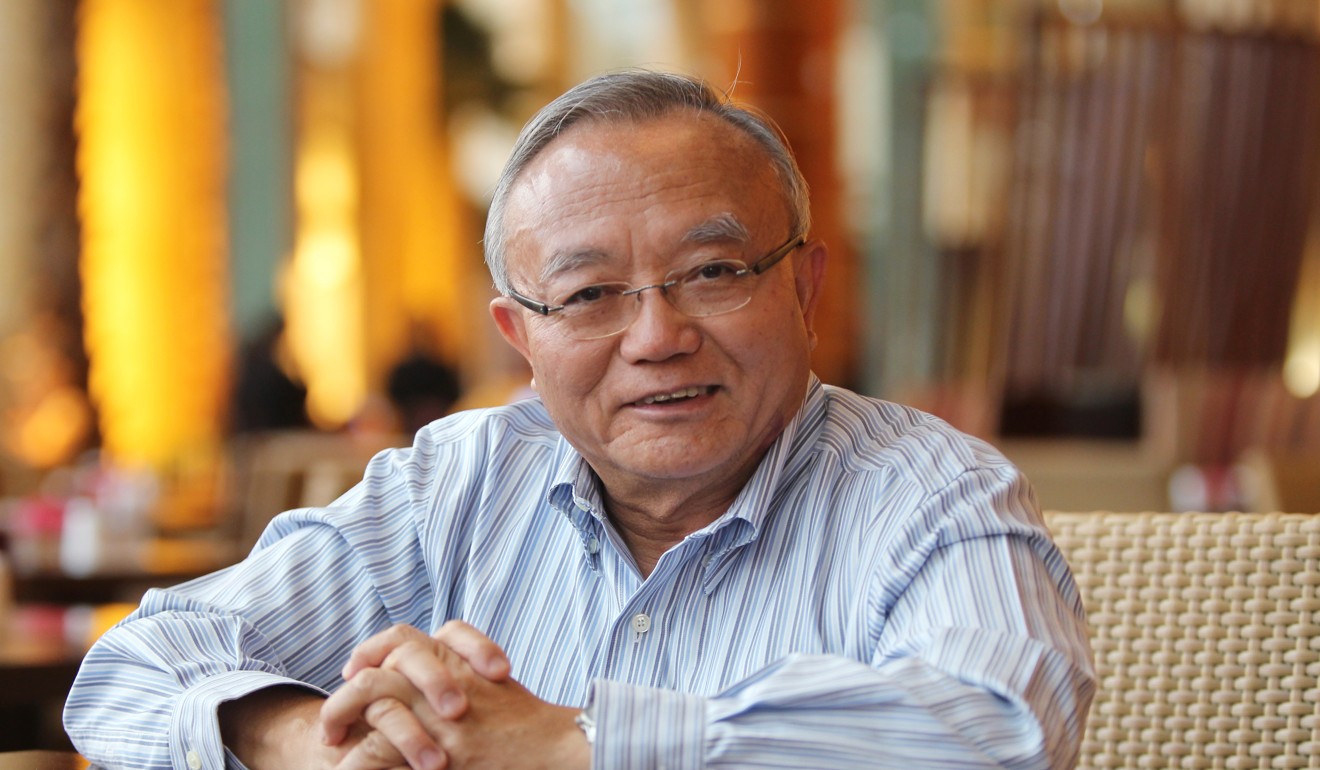
What Hong Kong crackdown on pro-independence party means for freedom in the city
Unprecedented move against National Party is either a security matter or a move to ‘silence dissenting voices’, depending on your point of view
An unprecedented move by Hong Kong authorities on Tuesday to ban a small-time pro-independence party is being seen as a warning against separatist politics in keeping with the “red line” drawn by Beijing, but critics have raised the alarm over the perceived threat to freedom of speech and expression in the city.
Lau Siu-kai, vice-chairman of semi-official think tank The Chinese Association of Hong Kong and Macau Studies, said the Hong Kong National Party was not a significant political force, but the government was acting under pressure to show Beijing it was serious about protecting national security.
State leaders have signalled their impatience at the city’s delay in enacting Article 23 of its mini-constitution, the Basic Law, which would criminalise acts of treason, secession, sedition or subversion against the central government.

“Article 23 of the Basic Law has not been enacted and it is unknown when it will be enacted. The government has to demonstrate its determination and courage to safeguard national security and territorial integrity,” Lau said.
After a massive public backlash against the last attempt to introduce the legislation in 2003, when 500,000 people took to the streets in protest, successive governments have shelved the issue.
Chief Executive Carrie Lam Cheng Yuet-ngor said earlier this month her administration would create favourable conditions for the legislation and lead a rational public debate, though she did not commit to a time frame.
University of Hong Kong criminal law scholar Simon Young said the police force’s recommendation to ban the Hong Kong National Party under Section 8 of the Societies Ordinance showed there was already legislation in place to prevent political parties from compromising national security.
Former director of public prosecution Grenville Cross said while it was unclear which activities of the party amounted to a threat, any curb on its operations would be of a “separate and distinct” nature to Article 23.
Fear and loathing: which way forward for Article 23 in face of stiff opposition?
Under the Societies Ordinance, members of an offending party would simply be required to stop their activities without immediate criminal sanctions, whereas Article 23 legislation would entail criminal prosecution from the beginning.
But Patrick Poon, Amnesty International’s China researcher, warned this was a move to “silence dissenting voices” and if the party was banned, it would have a chilling effect on freedom of association and expression for Hong Kong.
“The authorities must stop using vague laws to intimidate people who hold different political views. The attempt to ban the Hong Kong National Party raises alarm bells as to what the government will look to curtail next in the name of national security,” he said.
The Hong Kong National Party, launched in 2016 amid rising localist sentiment, has focused on promoting its cause online and handing out pro-independence leaflets in secondary schools, after co-founder Andy Chan Ho-tin was barred from running in Legislative Council elections two years ago.
Next chief executive must implement Article 23 national security laws without delay
On Tuesday, the city’s security minister gave the party three weeks to justify its existence.
If the ban is imposed, aside from party members, any members of the public helping its operation, fundraising or assembly can also be prosecuted and face a maximum of one year in jail.
Young said the ban would have “knock-on” effects, such as allowing police to conduct searches in places related to the party without a warrant.
“Anyone who is in possession of the books, accounts, writings, etc of an unlawful society is presumed to be a person assisting in the management of the society,” law scholar Young said.
The Societies Ordinance, enacted when Hong Kong was still a British colony, was amended in 1992 to align it with other legislation to protect human rights.
Hong Kong separatist political party given 21-day ultimatum to contest ban
The security minister at the time gave an assurance that the power to prohibit the operation of societies was meant to restrict those that constituted “a real and serious threat” to public safety or public order in the city, such as promoting terrorism.
But before Hong Kong returned to Chinese rule in 1997, the country’s top legislature, the National People's Congress, allowed a series of changes to the ordinance, making it possible for the government to ban societies in the interests of national security.
These changes were passed by the Provisional Legislative Council – an interim legislature set up by Beijing ahead of the handover and formed by mostly pro-Beijing politicians – amid strong opposition.



